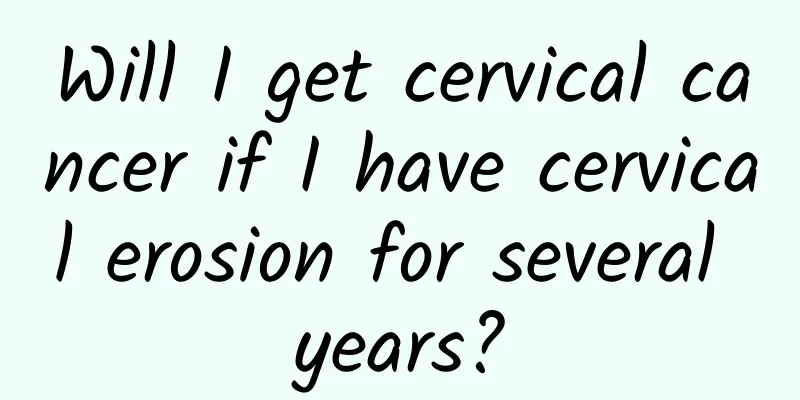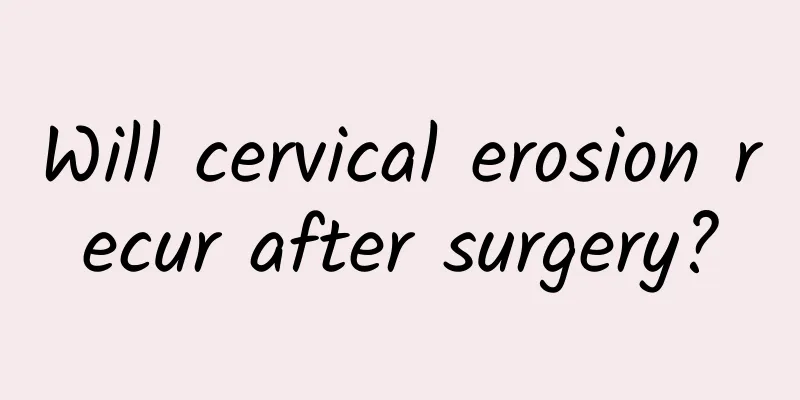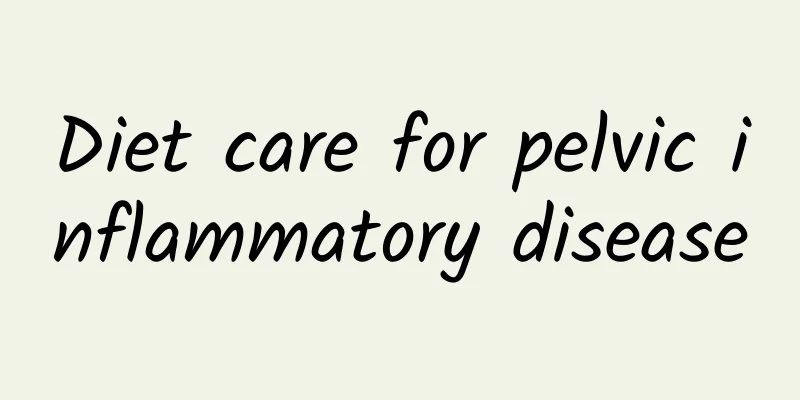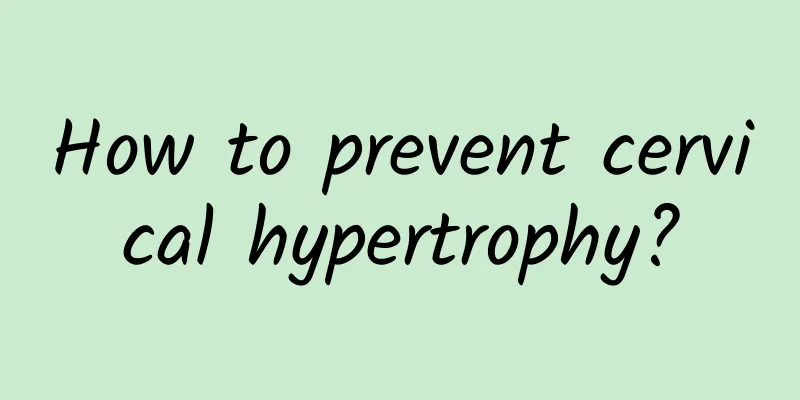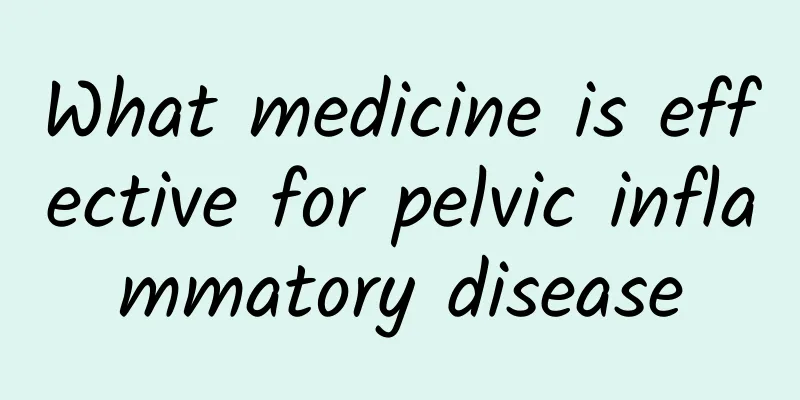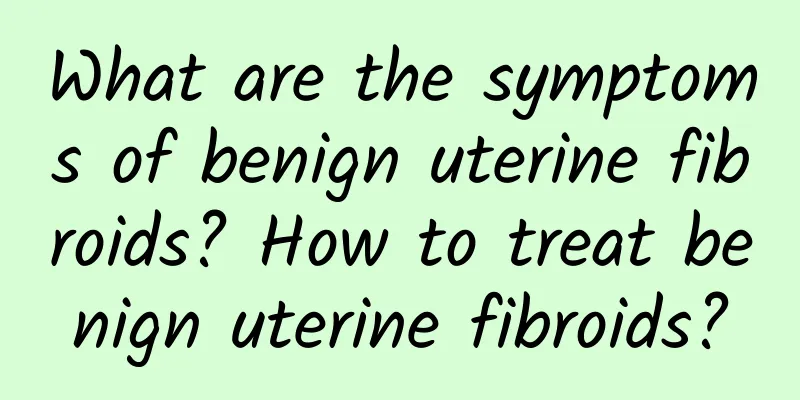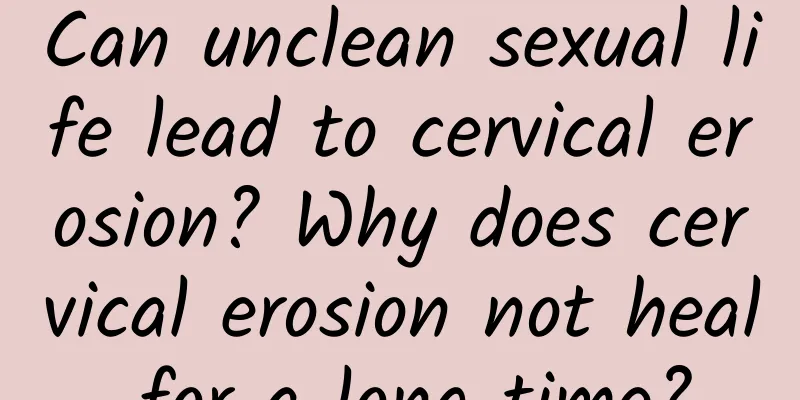When is the best time to perform uterine fibroid surgery? Who are the high-risk groups for uterine fibroids?
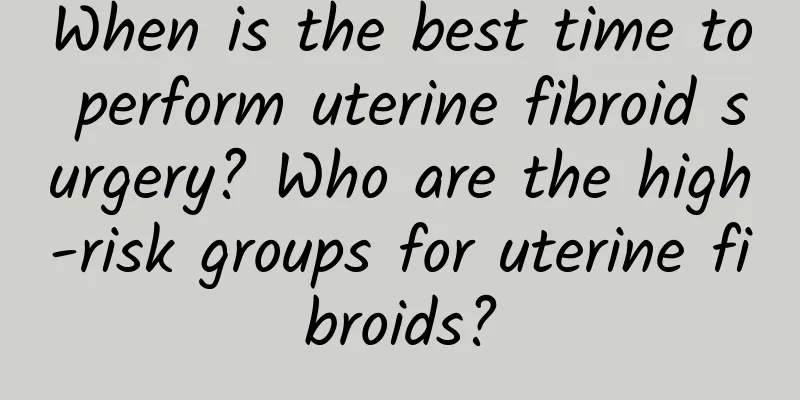
|
Uterine fibroids have a high incidence rate in women aged 30 to 50. Uterine fibroids are the most common benign tumors of the female genitalia, such as irregular menstruation, abdominal mass, pain, increased leucorrhea, infertility, circulatory system symptoms, etc. Most of them are asymptomatic, and a few of them show vaginal bleeding, abdominal contact with the tumor and compression symptoms. If the pedicle is twisted or other conditions cause pain, it is common in multiple uterine fibroids. When to have uterine fibroid surgery? 1. For patients with uterine fibroids that grow too fast or in menopause, the fibroids do not shrink but increase. At this time, timely surgical removal of the fibroids is necessary. 2. When uterine fibroids grow to the size of a fist, they may cause a certain amount of pressure on other pelvic organs. At this time, the fibroids should be surgically removed to help women relieve the symptoms caused by the fibroids. When should uterine fibroid surgery be performed? It should be noted that larger fibroids are usually more likely to worsen than small fibroids. 3. When patients with uterine fibroids experience heavy bleeding or long-term menorrhagia, prolonged menstruation can lead to secondary anemia. When drug treatment cannot cure the disease, surgical removal of the fibroids is required. 4. When a woman has infertility, if other aspects of the examination are very normal, it should be considered whether the infertility is caused by uterine fibroids. At this time, the fibroids should be removed as soon as possible. Three key points to note after uterine fibroid surgery Uterine fibroids are common benign gynecological tumors in middle-aged women. If the uterine lesions are severe, a total hysterectomy is required. Hysterectomy has a certain impact on women's physiology and psychology. Three aspects should be paid special attention to after surgery. 1. Correctly understand your condition After the operation, medical staff should patiently popularize relevant medical knowledge about uterine fibroids to family members and patients, help patients and their families correctly understand uterine fibroids, actively develop feasible rehabilitation plans, give patients positive encouragement and support, and help patients build confidence and determination to overcome the disease. 2. Emphasize the importance of regular review and strict medication After hysterectomy, patients must not relax their vigilance and should strictly follow the doctor's advice for reexamination and medication. Generally, regular reexaminations are conducted every 3-6 months. Regular examinations should not be consciously ignored, and no symptoms or discomfort should be present. Patients undergoing hormone therapy must strictly follow the doctor's advice and must not stop or overuse the medication without authorization to avoid degenerative bleeding or virilization. 3. Husband’s care and understanding Many women believe that after a hysterectomy, they are no longer a complete woman, and even feel guilty towards their husbands. At this time, we should let the husband understand uterine fibroids, understand the difficulties and physical discomfort of the patient, and care and encourage his wife more. In addition, hysterectomy will also affect sex life, so letting the patient open up and relax is more conducive to physical recovery. Eat more coarse grains after uterine fibroid surgery Patients with uterine fibroids should not eat too early after surgery. Patients with non-digestive tract surgery should generally start eating normal food 6 hours after surgery. Patients with digestive tract surgery should decide based on the type of surgery and the condition of anal gas discharge. After anal gas discharge, patients should start drinking a small amount of water. If there is no discomfort, they can eat liquid food, such as rice soup, vegetable soup, etc., and then gradually transition to soft food and normal food. Patients with uterine fibroids after surgery should eat nutritious and easily digestible food. For the elderly and the weak, the time for eating liquid and semi-liquid food should be appropriately extended to promote digestion, such as lotus powder, orange juice, etc., or choose lean meat or fresh fish soup, which can not only ensure nutrition but also enhance appetite, and the patient will recover quickly. |
>>: What are the hazards of uterine fibroids? Who are the high-risk groups for uterine fibroids?
Recommend
Choose chicken breast and low-fat tenderloin slices for Mid-Autumn barbecue! Nutritionists teach you 3 tips for healthy eating so you don’t gain weight
The Mid-Autumn Festival is approaching, and barbe...
General care for hyperprolactinemia
Women all know the dangers of hyperprolactinemia,...
Will I have dysmenorrhea after uterine fibroid surgery? What should I do if I have dysmenorrhea after uterine fibroid surgery?
Women experience pain in the abdomen and waist be...
Do you often suffer from pain, frozen shoulder, and stiff shoulders and neck? Learn 3 stretching exercises to improve!
Basic warm-up 1. Stretching Exercises – Waist Tur...
Abdominal pain is common with adnexitis.
Adnexitis usually causes abdominal pain. The degr...
What to do if middle-aged women have declining ovarian function? You must know the dietary plan to maintain your ovaries
The ovaries are very important reproductive organ...
Why do teenage bleeding occur in girls?
Dysfunctional uterine bleeding that occurs during...
Can obesity cause menstrual irregularities?
Obesity can indeed cause menstrual irregularities...
What should be paid attention to in the treatment of endometrial tuberculosis
Endometrial tuberculosis is a common disease that...
What are the precautions for vulvar leukoplakia
Women are more attractive because of their indepe...
Is vaginal candidal infection contagious?
Fungal vaginitis is mainly caused by fungal infec...
Five aspects to understand the typical symptoms of uterine fibroids
Due to the influence of environment and life, gyn...
Does cervical erosion affect pregnancy? There is a certain correlation
Cervical erosion is a common disease. This diseas...
Introduction to the causes of clinical vaginitis
Vaginitis brings a great burden to families and s...
What are the causes of cervical erosion in unmarried women? Women should be aware of the four major hazards of cervical erosion.
In life, the patients with cervical erosion are m...

